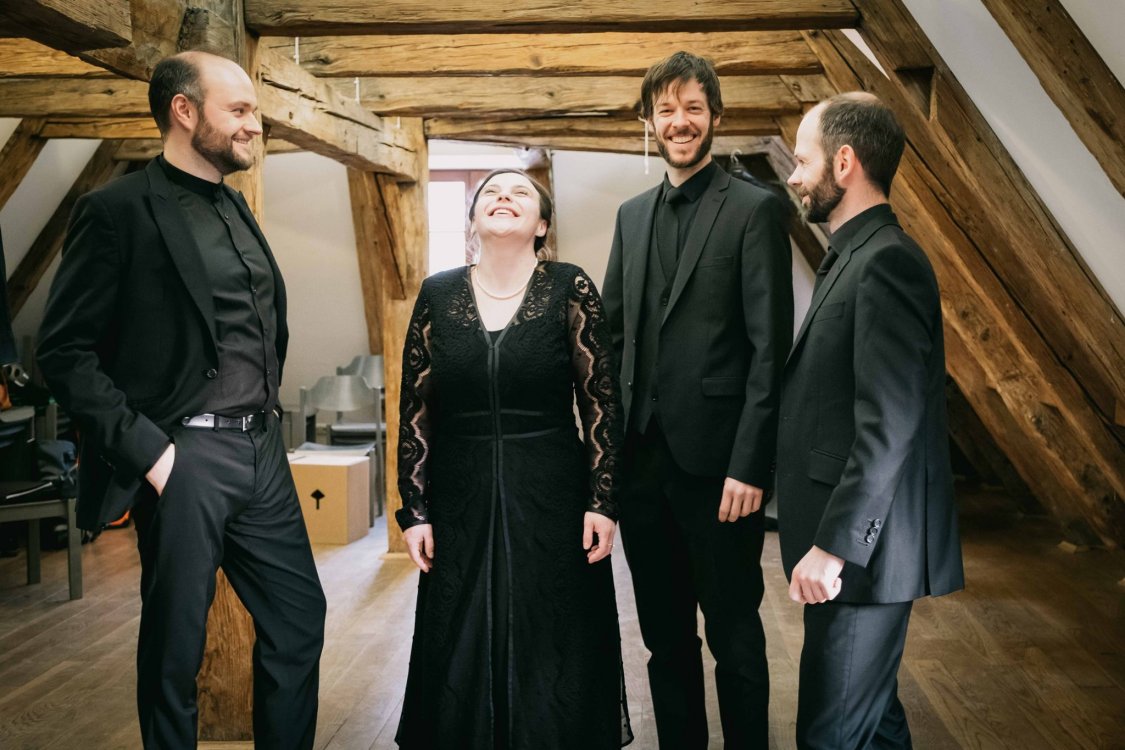The work of Jan Dismas Zelenka, a Czech composer of the Baroque period, although highly appreciated by his contemporaries – Johann Sebastian Bach or Georg Philipp Telemann – was forgotten at some point. Since its rediscovery, the deserved memory of the composer and appreciation for his legacy, consisting mainly of works of religious music, have gradually been restored. During the concert preceding Holy Week, it will be introduced by Wrocław Baroque Orchestra, together with the artists of the Ælbgut ensemble, conducted by Jarosław Thiel.
Full of Baroque artfulness, German precision, Slavic melodies and Italian concertante qualities – this is how the music of Jan Dismas Zelenka is sometimes described. The first composition of this evening will be Miserere in C minor – a work written in 1738, i.e. at the end of the composer’s life. It will precede the hymns that are to accompany the contemplation of the individual days of Holy Week: Holy Thursday, Good Friday and Holy Saturday. Among them there will be, Lamentations of Jeremiah, which became part of the liturgical repertoire of sung biblical readings, followed by a sung responsory. The last of the Responsories for Holy Week will be preceded by a cantata from 1712 for the adoration of the Holy Sepulchre – Attendite et videte, which was performed for the first time during a celebration of Easter in Prague. Its material is based on the fragments of Missa Santae Caeciliae – the first mass composed by Zelenka, performed in 1711 at the Cathedral of Holy Trinity in Dresden. It was there, at the court of Augustus II, that the composer worked and was responsible for the musical settings of Catholic celebrations.

